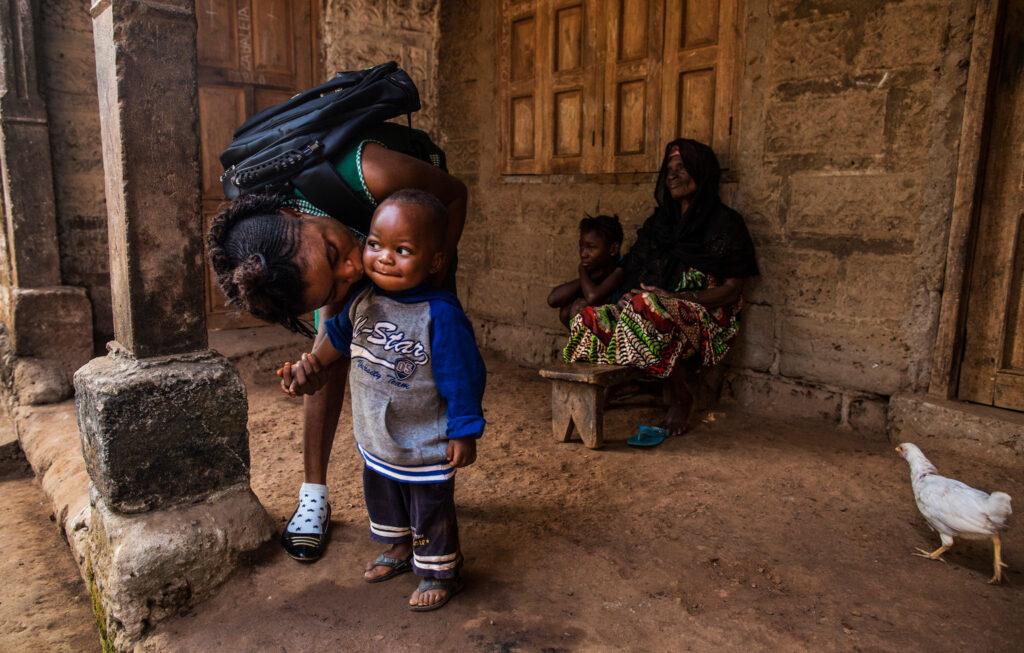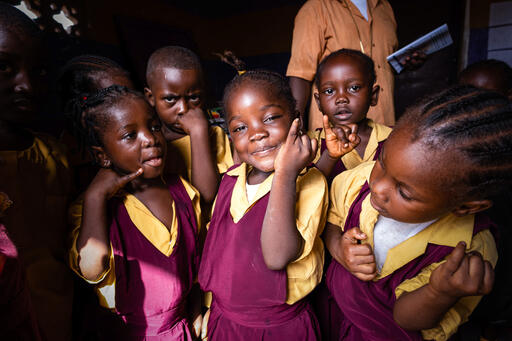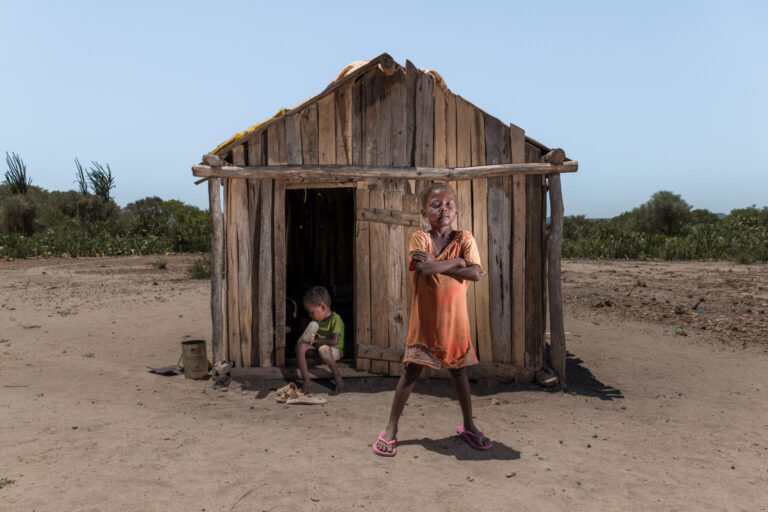If a child attends school every day, can we assume that he or she is learning? An increasing number of children around the world have gained access to education, particularly in low-income countries but until recently, we haven’t known if more children are learning as a result. Data on how many children are learning is either limited or non-existent in many countries. But a new questionnaire on learning skills developed by UNICEF addresses this gap by testing foundational reading and numeracy skills among all children aged 7 to 14, including those who are not attending school.
A tool to measure learning: The Foundational Learning Skills Module
The new tool assesses children’s reading skills by asking them to read a short story aloud, after which they are asked five questions related to the text. Children are considered to have foundational reading skills if they can successfully read 90% of the words in the text and correctly answer questions related to the story, interpreting and inferring the information contained therein.
In the case of numeracy, children are considered to possess the foundational skills when they perform adequately in the following areas: number recognition (the ability to read numbers), number discrimination (the ability to determine which of two numbers is larger), simple addition questions, and pattern recognition using sequences of numbers.
Findings from Sierra Leone
The Foundational Learning Skills Module was implemented in Sierra Leone as part of UNICEF’s household survey programme, Multiple Indicator Cluster Surveys (MICS).
Findings show that a mere 12% of children in grades 2 and 3 in Sierra Leone meet the expected levels of numeracy skills for their grade. But not all children fare the same. How a child performs is strongly defined by where they grow up and by the wealth of their parents, as there are strong regional and socioeconomic inequalities in the country. In the western part of Sierra Leone, where the capital is located, three times more children achieve the expected reading skills for their grade than in the rest of the country. Among the richest children, around 39% demonstrate foundational reading and numeracy skills, while only an alarming 3% of poorest children do.

Virtually all children out of school fail to display foundational skills. Among those in school, only 8-9% of children in grade 3 have foundational reading and numeracy skills expected for that education level. Despite showing low levels of learning in the beginning of primary education, as children in Sierra Leone move on to higher grades, their learning performance improves, while still remaining lower than expected. By lower secondary level more children display the expected foundational skills for grades 2 and 3, although many still do not. In the first grade of lower secondary education, only 66% of children have the reading skills they should have achieved by grades 2 or 3 and just 42% have the numeracy skills expected for the same grades. This speaks to the importance of investing in quality primary education, particularly in earlier years, to ensure that students are equipped with foundational skills at the right age.

Though many children in Sierra Leone are learning, they appear to be missing out on a crucial window of opportunity during the early years of life, potentially denying them cascading advantages as they grow into adulthood. New MICS data show that many other children fail to learn even when staying in school for several more years. Although substantial efforts have been made to guarantee that every child everywhere goes to school, it is essential that we start focusing on learning outcomes too. Access to education is key to ensure learning, given that children out of school systematically fail to acquire foundational skills. However, the quality of schools is also extremely important, particularly in early childhood education and primary school where children are equipped with the knowledge and skills needed to thrive.
Learn more about the Foundational Learning Skills Module
Access the MICS Sierra Leone 2017 Survey Findings Report
Access the MICS Sierra Leone 2017 Statistical Snapshots



